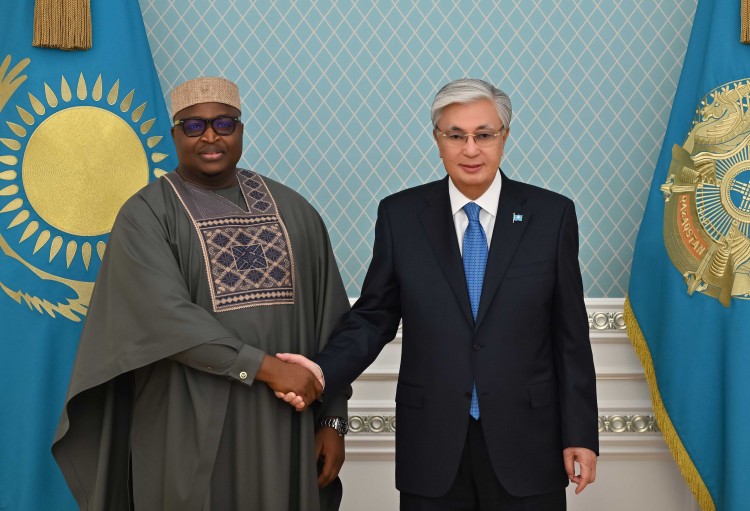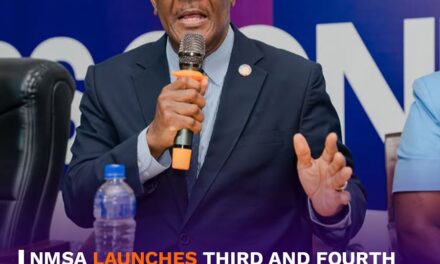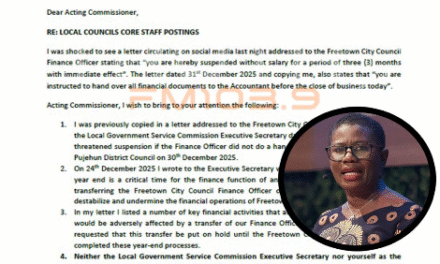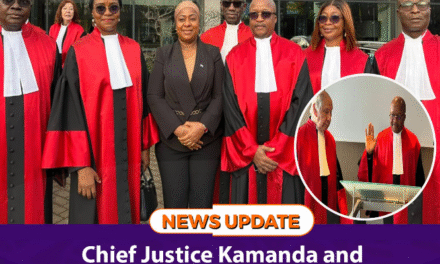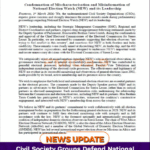ASTANA, Aug. 28, 2025 — Kazakhstan and Sierra Leone have reaffirmed their commitment to strengthening bilateral ties across diplomacy, trade, and humanitarian cooperation, following high-level talks between President Kassym-Jomart Tokayev and Sierra Leone’s Minister of Foreign Affairs and International Cooperation, Timothy Musa Kabba.
During the meeting, President Tokayev emphasized Kazakhstan’s strategic interest in expanding partnerships across Africa, while Minister Kabba delivered a personal message from President Julius Maada Bio. The visit marks Kabba’s second trip to Kazakhstan this year, underscoring the growing momentum and trust between the two nations.
As part of the working visit, Kabba also held talks with Kazakh Deputy Prime Minister and Minister of Foreign Affairs Murat Nurtleu. The two ministers reviewed progress on the Bilateral Roadmap signed in April and outlined next steps to deepen cooperation in agriculture, logistics, digitalization, healthcare, and education.
“Kazakhstan and Sierra Leone are equally committed to the steady development of relations. Today, we are building cooperation based on trust and tangible results,” said Nurtleu, highlighting the importance of mutual confidence as a foundation for future initiatives.
One key milestone is the upcoming implementation of a Mutual Visa-Free Regime for holders of diplomatic and service passports, set to take effect on Sept. 5. Kabba welcomed the move, calling it a reflection of Kazakhstan’s openness to Africa and Sierra Leone’s intent to expand its footprint in Central Asia.
On global affairs, both sides reiterated shared positions on major international issues, including the urgent need for UN Security Council reform. Sierra Leone also pledged continued support for Kazakhstan’s initiatives within the United Nations and the Organization of Islamic Cooperation (OIC), recognizing Astana as a trusted partner in multilateral diplomacy.
The meetings concluded with a joint commitment to sustained political dialogue and the full implementation of existing agreements—laying the groundwork for a more robust and diversified partnership between the two countries.
